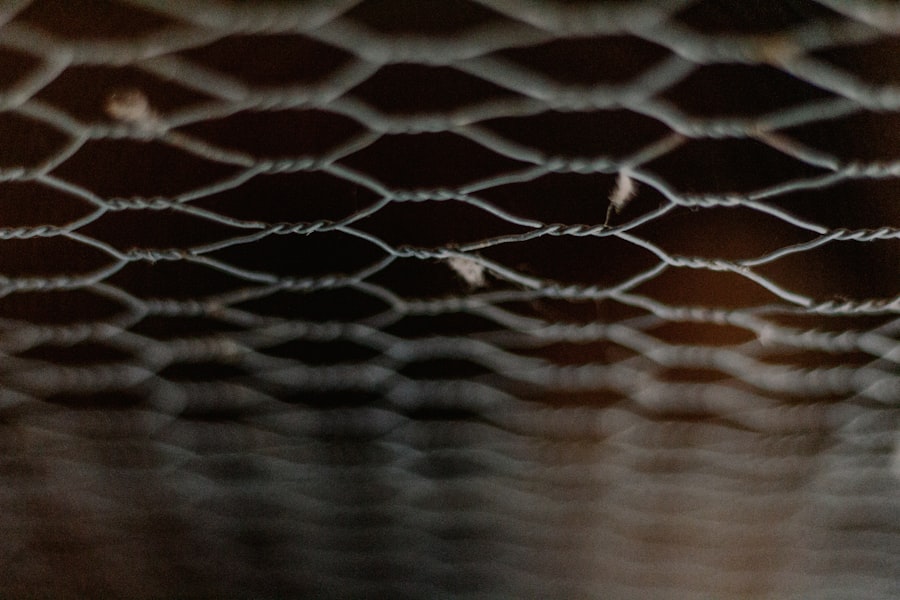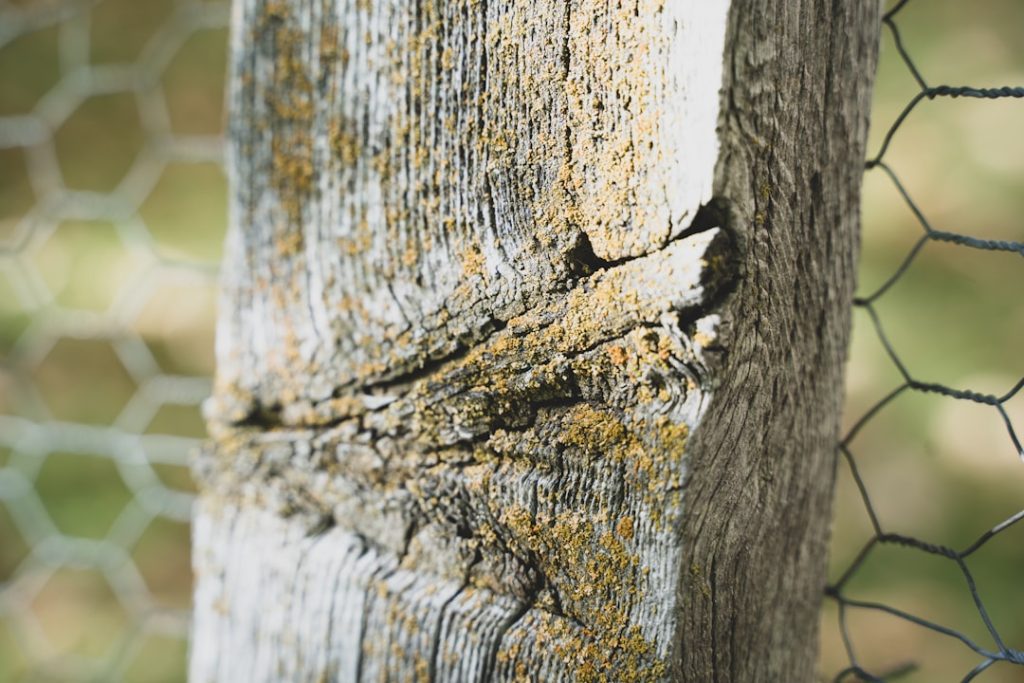Chickens are naturally curious and inquisitive animals with a strong foraging instinct. They possess excellent eyesight, constantly searching for insects, seeds, and other edible items. Their innate behavior includes scratching and pecking at the ground, which can inadvertently damage plants.
Understanding these natural behaviors is essential for effectively protecting plants from chicken-related damage. Chickens are social creatures that establish a hierarchical structure within their flock, known as the pecking order. This social dynamic can influence individual chicken behavior around plants, with more dominant birds potentially causing more significant impact.
Recognizing these social patterns can help predict and manage chicken interactions with gardens and landscaping. The natural instinct of chickens to seek shelter and nesting areas may lead them to explore various parts of a property. By comprehending these instincts, property owners can create designated foraging areas and provide alternative food sources and enrichment activities.
This approach can help minimize the impact of chickens on plants while still allowing them to express their natural behaviors.
Table of Contents
- 1 Creating a designated foraging area for chickens
- 2 Providing a balanced diet for chickens
- 3 Using physical barriers to protect plants
- 4 Incorporating deterrents to discourage chickens from eating plants
- 5 Training chickens to avoid certain areas
- 6 Monitoring and adjusting strategies for plant protection
- 7 FAQs
- 7.1 What are some natural ways to keep chickens from eating plants?
- 7.2 Are there any plants that chickens won’t eat?
- 7.3 How can I train my chickens to avoid eating certain plants?
- 7.4 What are some common plants that are toxic to chickens?
- 7.5 Can I use commercial repellents to keep chickens from eating plants?
Key Takeaways
- Chickens have natural instincts to forage, scratch, and peck at plants and insects.
- Designating a specific area for chickens to forage can help protect other plants in the garden.
- A balanced diet for chickens should include a mix of grains, greens, and protein sources.
- Physical barriers such as fences or netting can help protect plants from chicken damage.
- Deterrents like motion-activated sprinklers or noise-making devices can discourage chickens from eating plants.
- Training chickens to avoid certain areas can be done through positive reinforcement and consistent redirection.
- Regular monitoring and adjusting of strategies for plant protection is necessary to ensure effectiveness.
Creating a designated foraging area for chickens
Designate a Foraging Area
One effective strategy for protecting plants from chickens is to create a designated foraging area where they can scratch, peck, and explore without causing damage to your garden or landscaping. This area can be filled with loose soil, sand, or mulch, and can be scattered with treats and edible items to encourage chickens to spend time there.
Redirecting Natural Instincts
By providing a designated foraging area, you can redirect your chickens’ natural instincts towards a specific location, reducing the likelihood that they will roam and forage in areas where your plants are located. This can help protect your plants while still allowing your chickens to engage in natural behaviors.
Alternative Sources of Food and Entertainment
In addition to creating a designated foraging area, you can also provide alternative sources of food and entertainment for your chickens, such as hanging treats or toys, or setting up a dust bath area. By offering these alternatives, you can help satisfy your chickens’ natural instincts and reduce their impact on your plants.
Providing a balanced diet for chickens

Another important aspect of protecting plants from chickens is ensuring that they are receiving a balanced diet. When chickens are not getting the nutrients they need from their regular feed, they may be more inclined to seek out alternative sources of food, including plants in your garden or landscaping. To prevent this, it’s important to provide your chickens with a high-quality feed that meets their nutritional needs.
This can help ensure that they are getting the essential vitamins, minerals, and protein they require, reducing their motivation to forage for additional food. In addition to a balanced feed, you can also offer supplemental treats and snacks to your chickens, such as fruits, vegetables, and mealworms. By providing these treats in designated areas away from your plants, you can help satisfy your chickens’ natural foraging instincts while minimizing their impact on your garden or landscaping.
By providing a balanced diet and supplemental treats, you can help reduce the likelihood that your chickens will seek out plants as a source of food, ultimately protecting your garden and landscaping.
Using physical barriers to protect plants
One effective strategy for protecting plants from chickens is to use physical barriers to prevent them from accessing certain areas. This can include installing fencing or netting around garden beds or landscaping features to create a barrier between your chickens and your plants. Fencing can be particularly effective at keeping chickens out of specific areas, especially if it is tall enough to prevent them from flying over it.
Additionally, using netting or wire mesh can help protect individual plants or shrubs from being damaged by pecking or scratching. In addition to fencing and netting, you can also use raised beds or containers to elevate your plants out of reach of your chickens. This can help protect delicate or vulnerable plants from being damaged while still allowing you to enjoy gardening with chickens on your property.
By using physical barriers, you can create a clear boundary between your chickens and your plants, helping to protect your garden or landscaping from potential damage.
Incorporating deterrents to discourage chickens from eating plants
In addition to physical barriers, you can also incorporate deterrents to discourage chickens from eating plants in your garden or landscaping. There are several natural deterrents that can be effective at keeping chickens away from specific areas. One common deterrent is the use of strong-smelling herbs or spices, such as garlic, mint, or cayenne pepper.
Sprinkling these around your plants or creating a spray with these ingredients can help deter chickens from pecking or scratching at them. Another effective deterrent is the use of visual barriers, such as reflective tape or shiny objects, which can startle chickens and discourage them from approaching certain areas. Additionally, motion-activated devices or sprinklers can be used to startle chickens when they get too close to your plants.
By incorporating natural deterrents into your garden or landscaping, you can help discourage chickens from eating plants while still allowing them to roam and forage in other areas of your property.
Training chickens to avoid certain areas

Intelligent Animals, Trainable Behavior
Chickens are intelligent animals that can learn through positive and negative reinforcement, making it possible to teach them where they are allowed to go and where they should avoid.
Positive Reinforcement Techniques
One way to train chickens is through the use of positive reinforcement, such as offering treats or rewards when they stay away from specific areas. By consistently rewarding good behavior, you can encourage your chickens to avoid certain parts of your garden or landscaping.
Negative Reinforcement Methods
On the other hand, negative reinforcement can also be used to discourage chickens from accessing certain areas. This can include using a gentle spray of water or making a loud noise when chickens approach restricted areas, helping them associate those spaces with an unpleasant experience.
By training your chickens to avoid certain areas through positive and negative reinforcement, you can help protect your plants while still allowing your chickens to roam and forage in other parts of your property.
Monitoring and adjusting strategies for plant protection
Finally, it’s important to regularly monitor the effectiveness of your strategies for protecting plants from chickens and make adjustments as needed. Chickens are intelligent and adaptable animals, so it’s possible that they may find ways around physical barriers or deterrents over time. By regularly observing how your chickens interact with your garden or landscaping, you can identify any areas where they are causing damage and make changes to better protect your plants.
This may involve adjusting the placement of fencing or netting, trying different deterrents, or reinforcing training efforts with your chickens. Additionally, it’s important to consider the specific needs and behaviors of your individual flock when developing strategies for plant protection. Some chickens may be more persistent or curious than others, requiring different approaches to keep them away from certain areas.
By staying vigilant and making adjustments as needed, you can effectively protect your plants from chickens while still allowing them to engage in natural behaviors on your property. Regular monitoring and adjustments will help ensure that both your garden and your chickens can thrive in harmony.
If you’re looking for tips on how to keep chickens from eating plants, you might also be interested in learning how to convert a shed into a chicken coop. Check out this article for helpful insights on creating a suitable living space for your feathered friends.
FAQs
What are some natural ways to keep chickens from eating plants?
Some natural ways to keep chickens from eating plants include using physical barriers such as fences or netting, planting chicken-friendly plants in a separate area, and providing alternative sources of food and entertainment for the chickens.
Are there any plants that chickens won’t eat?
Chickens tend to avoid plants with strong scents or bitter tastes, such as lavender, mint, and rosemary. However, it’s important to note that individual chicken preferences may vary.
How can I train my chickens to avoid eating certain plants?
You can train your chickens to avoid eating certain plants by using positive reinforcement, such as providing treats when they avoid the plants, and negative reinforcement, such as using a gentle spray of water when they approach the plants.
What are some common plants that are toxic to chickens?
Some common plants that are toxic to chickens include azaleas, rhododendrons, nightshade, and foxglove. It’s important to research and identify any potentially toxic plants in your chicken’s environment.
Can I use commercial repellents to keep chickens from eating plants?
There are commercial repellents available that are specifically designed to deter chickens from eating plants. However, it’s important to carefully read and follow the instructions on the product label to ensure the safety of your chickens.
Meet Walter, the feathered-friend fanatic of Florida! Nestled in the sunshine state, Walter struts through life with his feathered companions, clucking his way to happiness. With a coop that’s fancier than a five-star hotel, he’s the Don Juan of the chicken world. When he’s not teaching his hens to do the cha-cha, you’ll find him in a heated debate with his prized rooster, Sir Clucks-a-Lot. Walter’s poultry passion is no yolk; he’s the sunny-side-up guy you never knew you needed in your flock of friends!







